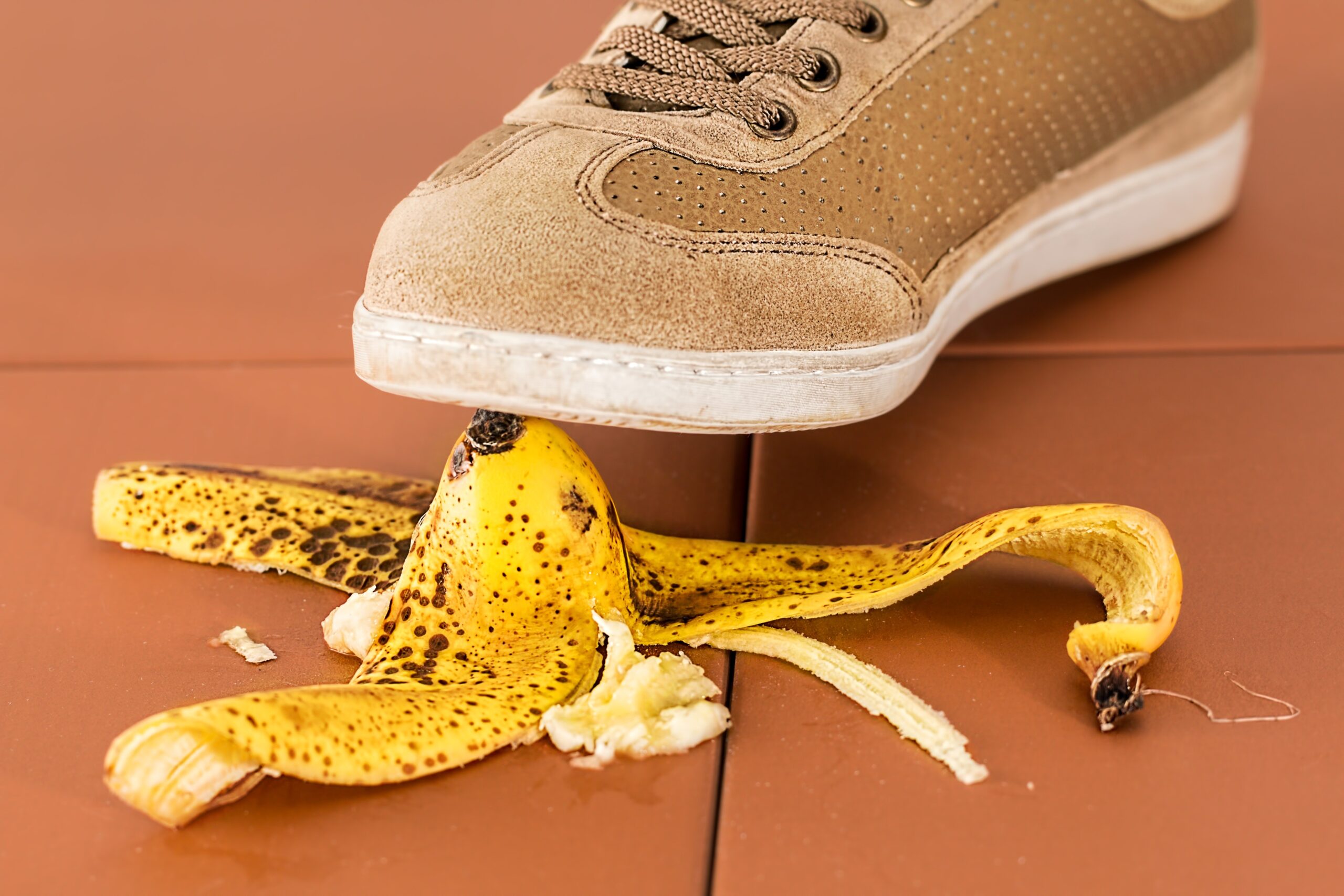If I could go back and relive any age in my life, it would be 23. I was out of college and still living in San Diego. I found a career I loved, was surrounded by close friends, went on lots of dates, and juggled a ton of extracurricular activities. I felt invincible.
The greatest benefit of my unwavering confidence was my willingness to try new things. For instance, I joined several Toastmasters clubs, became a board member of Meeting Professionals International, and took a class in stand up comedy.
I signed up for beginning stand up comedy at the National Comedy Theatre upon recommendation by a fellow Toastmaster. I watched his final showcase set and thought, “Psh. I could totally do that. I’m hilarious! Bring it on.”

There comes a time in every 20-something year old’s life where a defining moment slaps them in the face with reality. This realization is different for everyone. For me, it was accepting that I’m actually NOT good at everything. Attempting stand up comedy, albeit in a safe and supportive setting, woke me the fuck up.
Looking back, I was convinced I was good at everything I put my mind to… but really, I only put my mind to things I knew I’d be good at. (This is probably why I avoid anything related to sports or the outdoors.) I thought I understood the concept of “practice makes perfect” but it was obviously quite lost on me.
In our first comedy class, we learned about joke structure. For the second class, we were asked to transcribe 3 to 4 rants about topics we felt strongly about. This would ultimately be wittled down into our final comedy showcase set.
Looking back at emails, I completely ignored the boldfaced disclaimer from one of my instructors: “Don’t try to be funny. Just be YOU.” Well of course I’m going to TRY being funny… I’m a planner by nature and a Toastmasters at heart.

With my printed script in front of me, I delivered my first attempt at stand up comedy in front of seven classmates and two instructors. No laughs. One of my instructors looked me in the eye and told me I wasn’t funny because I was just a talking head.
I went home a little perplexed. My pride was hurt, and I felt embarrassed. I literally spent hours preparing and wordsmithing my set. What else could it possibly take to be a stand up comedian? Turns out, a lot. Through my comedy journey, I learned three important lessons:
(1) Being Yourself Shouldn’t Take Effort
Eventually I graduated from the class and had lots of friends support me at the final showcase. It was fun! Mostly because I let my weird, nerdy, neurotic self show. That was the Stefanie they knew. They didn’t come to see an artificially refined version of me. If I wanted to be a different person onstage, I would have gone into acting.
(2) Even the Pros Practice to Perfection
Taking this class happened around the same time I read all the business and leadership books I could find at the library. Many contained stories about how Kevin Hart (one of my favorite comedians) frequently practiced at his local comedy club, experimenting with and perfecting different jokes. Comedy is a science, in many ways. Prodigies are a rarity. Successful people typically do put in years of practice.
(3) Vulnerability is Powerful
Along the theme of my whole blog, I’d been afraid of being seen as not good enough. Especially in front of my friends and family, I wanted them to see me as perfect… But they’d be the first ones to tell you I’m not. They see me as someone who wants to be crass and connect with other neurotically ambitious people. There should be no shame in that, so I shouldn’t pretend that there is.

It’d be pretty cool to end this post with an exciting announcement about my next big-stage comedy performance. The truth is… I haven’t done an open mic in years. I’ve performed only a handful number of times, both in San Diego and San Francisco. The fear of failure still consumes me, and I use lack of time as an excuse.
Ocassionally I’ll feel inspired to write a comedy set or build up my experience journal. I’ve coached others on adding humor to their speeches, structuring jokes, or taking a comedy class. Why can’t I take my own advice? I haven’t figured that out yet, but what happened on August 11, 2014 gave me some idea.
When Robin William’s suicide was announced, endless Facebook posts popped up about his successful acting career. My interest was more around his depression and how that partly influenced the content of his comedy sets. Instantly, I felt a connection, something I could relate to.
It’s possible that I shy away from stand up because the topics I truly enjoy talking about are rather dark. I’m not a fan of racial or sexual jokes. (Says the person who loves Kevin Hart.) Observational humor is the most fun for me.
Perhaps I’m in need of a comedy mentor or coach. Or to dedicate more time to writing and performing. Or maybe I’m not sure yet how best to express myself. Whatever the case may be, I think it’s a good first step to be grateful for stand up comedy teaching me it’s okay to be imperfect.
